Buy Chimpanzee Monkey
Baby chimpanzees are among the most captivating and intelligent primates, sharing approximately 98% of their DNA with humans. These adorable creatures are known for their playful nature, emotional depth, and remarkable cognitive abilities. Here’s a comprehensive look at baby chimpanzees, covering their physical traits, behavior, development, and conservation.
Physical Characteristics
Baby chimpanzees are born with soft, black hair covering their bodies, which helps them blend into their forest environment. They have large, expressive eyes, small ears, and pinkish skin on their faces, hands, and feet. At birth, they weigh around 4-5 pounds (1.8-2.3 kg) and are entirely dependent on their mothers for survival.
One of the most distinctive features of baby chimpanzees is their ability to cling to their mothers. They have strong, grasping hands and feet, which allow them to hold onto their mother’s fur as she moves through the trees. This clinging behavior is crucial for their safety and mobility during the early months of life.Buy Chimpanzee Monkey
Behavior and Social Structure
Chimpanzees are highly social animals, and baby chimps are born into complex communities called troops. These troops can consist of 20 to over 100 individuals, with a strict social hierarchy. Baby chimps learn social skills by observing and interacting with their mothers and other members of the group.
Play is a significant part of a baby chimp’s life. They engage in activities such as wrestling, chasing, and climbing, which help them develop physical strength, coordination, and problem-solving skills. Play also strengthens social bonds and teaches them how to navigate their social environment.Buy Chimpanzee Monkey
Baby chimpanzees are incredibly curious and intelligent. They mimic the behaviors of adults, such as using sticks to extract termites or cracking nuts with rocks. These behaviors demonstrate their ability to learn and adapt to their surroundings.
Diet and Feeding
For the first few months of life, baby chimpanzees rely entirely on their mother’s milk for nutrition. As they grow, they begin to sample solid foods, such as fruits, leaves, flowers, insects, and occasionally small animals. Chimpanzees are omnivorous, and their diet varies depending on the season and availability of food.Buy Chimpanzee Monkey
In captivity, baby chimps require a carefully balanced diet to ensure proper growth and development. This typically includes fruits, vegetables, nuts, seeds, and protein sources like eggs or insects. Fresh water should always be available.
Development and Growth
Baby chimpanzees develop at a slower pace compared to many other animals. They remain dependent on their mothers for several years, with weaning typically occurring between 4 and 5 years of age. During this time, they learn essential survival skills, such as foraging for food, building nests, and avoiding predators.Buy Chimpanzee Monkey
By the age of 6 months, baby chimps begin to explore their environment more independently, though they stay close to their mothers for protection. As they grow, they form strong bonds with other members of the troop, particularly their siblings and peers.Buy Chimpanzee Monkey
Communication and Emotional Depth
Chimpanzees are highly communicative animals, using a combination of vocalizations, facial expressions, and body language to convey their emotions and intentions. Baby chimps quickly learn to interpret these signals, which are essential for their social interactions.
Baby chimpanzees also exhibit a wide range of emotions, including joy, sadness, fear, and anger. They laugh when playing, cry when distressed, and even comfort each other during times of stress. Their emotional depth is one of the many traits that make them so similar to humans.Buy Chimpanzee Monkey
Conservation and Ethical Considerations
Chimpanzees are classified as endangered due to habitat loss, poaching, and the illegal pet trade. Deforestation and human encroachment have significantly reduced their natural habitats, while the demand for bushmeat and exotic pets has further threatened their populations.
Conservation efforts, such as habitat protection, anti-poaching initiatives, and education programs, are crucial to their survival. Organizations like the Jane Goodall Institute work tirelessly to protect chimpanzees and their habitats.Buy Chimpanzee Monkey
It’s also important to consider the ethical implications of keeping chimpanzees as pets. While baby
Parenting and Maternal Care
The bond between a baby chimpanzee and its mother is one of the strongest in the animal kingdom. Mother chimpanzees are incredibly attentive and nurturing, providing constant care and protection for their offspring. For the first few months, the baby clings to its mother’s belly, rarely leaving her side. As the baby grows, it transitions to riding on her back, allowing it to observe the world while staying safe.Buy Chimpanzee Monkey
Mothers teach their young essential life skills, such as foraging for food, recognizing edible plants, and avoiding predators. They also play a critical role in socializing their babies, introducing them to other members of the troop and teaching them how to navigate the complex social hierarchy. This maternal guidance is vital for the baby’s survival and integration into the group.
Interestingly, chimpanzee mothers are known to grieve deeply if their baby dies. They may carry the deceased infant for days or even weeks, showing a level of emotional attachment that is both heartbreaking and profound.
Social Learning and Cultural Behaviors
Baby chimpanzees are keen observers and quick learners. They acquire many behaviors through imitation, a process known as social learning. For example, they watch their mothers and other adults use tools, such as sticks to fish for termites or rocks to crack open nuts, and then practice these skills themselves.
Some chimpanzee communities exhibit unique cultural behaviors that are passed down through generations. These behaviors can include specific grooming techniques, vocalizations, or even rituals like the “rain dance,” where chimps sway and stomp during rainstorms. Baby chimps learn these traditions by watching and participating in group activities, highlighting the cultural richness of chimpanzee societies.
Play and Cognitive Development
Play is a critical aspect of a baby chimpanzee’s life, serving as a way to develop physical, social, and cognitive skills. Baby chimps engage in a variety of playful activities, such as chasing, wrestling, and climbing. These games help them build strength, coordination, and problem-solving abilities.Buy Chimpanzee Monkey
Play also serves as a way to establish social bonds and practice communication. For example, when playing, baby chimps often mimic the facial expressions and vocalizations of their peers, learning how to interpret and respond to social cues. This playful interaction is essential for their emotional and social development.
Challenges in the Wild
Baby chimpanzees face numerous challenges in the wild, particularly during their early years. Predators such as leopards, eagles, and snakes pose a constant threat, and young chimps are especially vulnerable. Additionally, diseases like Ebola have devastated chimpanzee populations in some regions.
Habitat destruction due to deforestation, mining, and agriculture has further compounded these challenges. As forests shrink, chimpanzee troops are forced into smaller areas, increasing competition for resources and the risk of human-wildlife conflict.Buy Chimpanzee Monkey
Conservation Efforts
Efforts to protect baby chimpanzees and their habitats are ongoing. Conservation organizations work to combat poaching, rehabilitate orphaned chimps, and educate local communities about the importance of preserving these animals. Sanctuaries and rescue centers provide care for orphaned or injured chimps, often with the goal of reintroducing them into the wild.
One notable success story is the work of the Jane Goodall Institute, which has established community-centered conservation programs that promote sustainable livelihoods while protecting chimpanzee habitats. These initiatives demonstrate that conservation can benefit both wildlife and local communities.
The Role of Baby Chimpanzees in Research
Baby chimpanzees have played a significant role in scientific research, particularly in studies of cognition, communication, and social behavior. Their close genetic relationship to humans makes them valuable subjects for understanding our own evolution and development.
However, the use of chimpanzees in research has sparked ethical debates. Many countries have now banned or restricted such research, recognizing the need to treat these intelligent and emotional beings with respect and compassion.
Conclusion
Baby chimpanzees are not only adorable but also incredibly complex and intelligent creatures. Their playful nature, emotional depth, and social behaviors make them a source of endless fascination. However, their survival is under threat due to human activities, making conservation efforts more critical than ever.
By learning about and supporting these amazing animals, we can help ensure that baby chimpanzees continue to thrive in the wild, enriching our world with their presence. Let me know if you’d like to explore any specific aspect further! 🐒✨
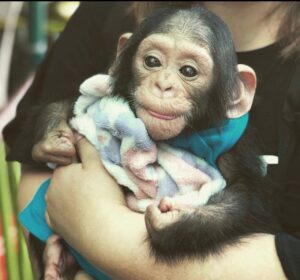
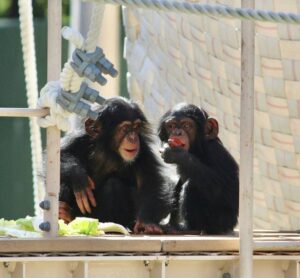
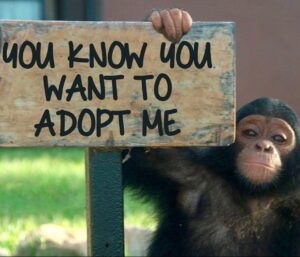
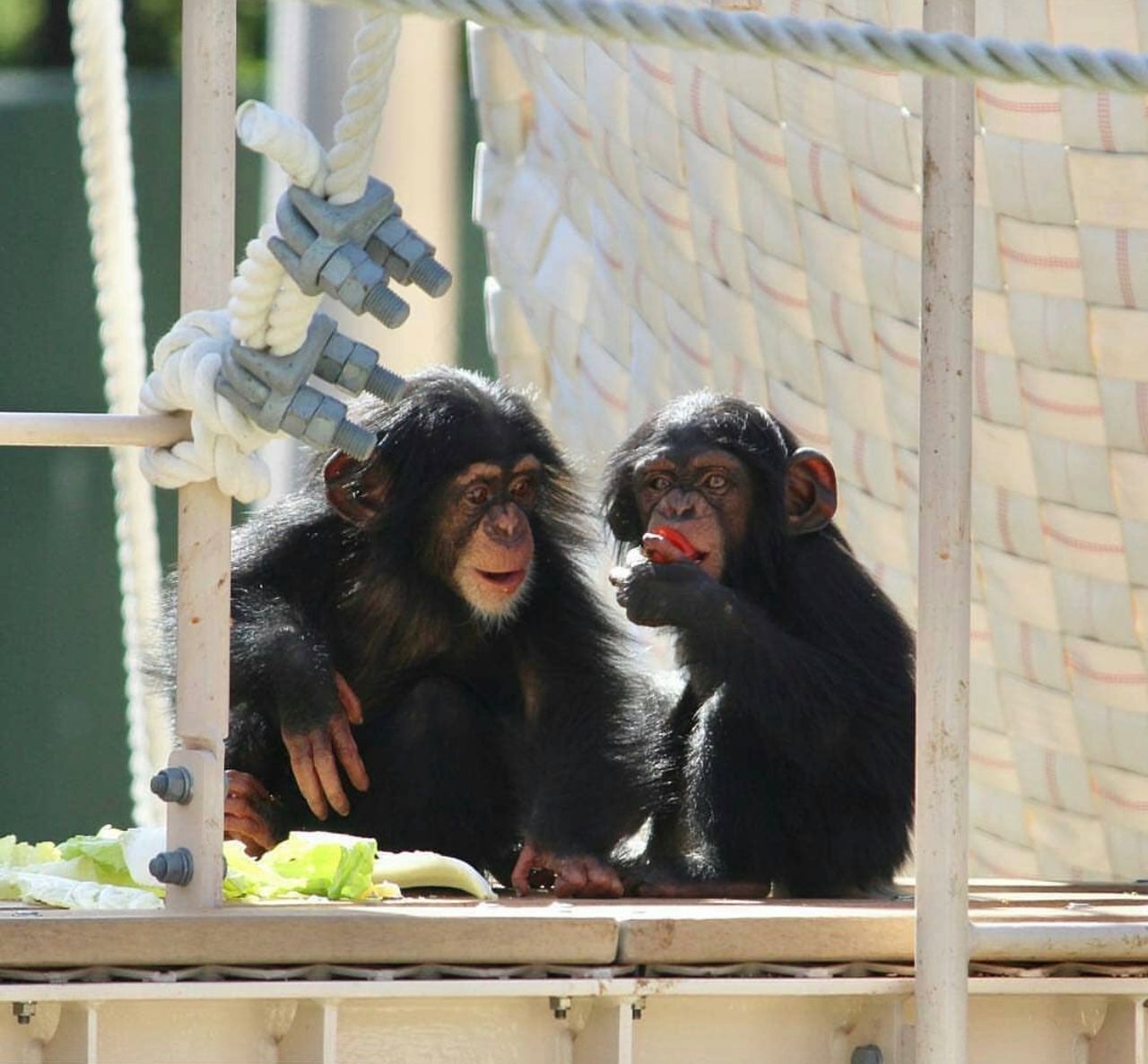
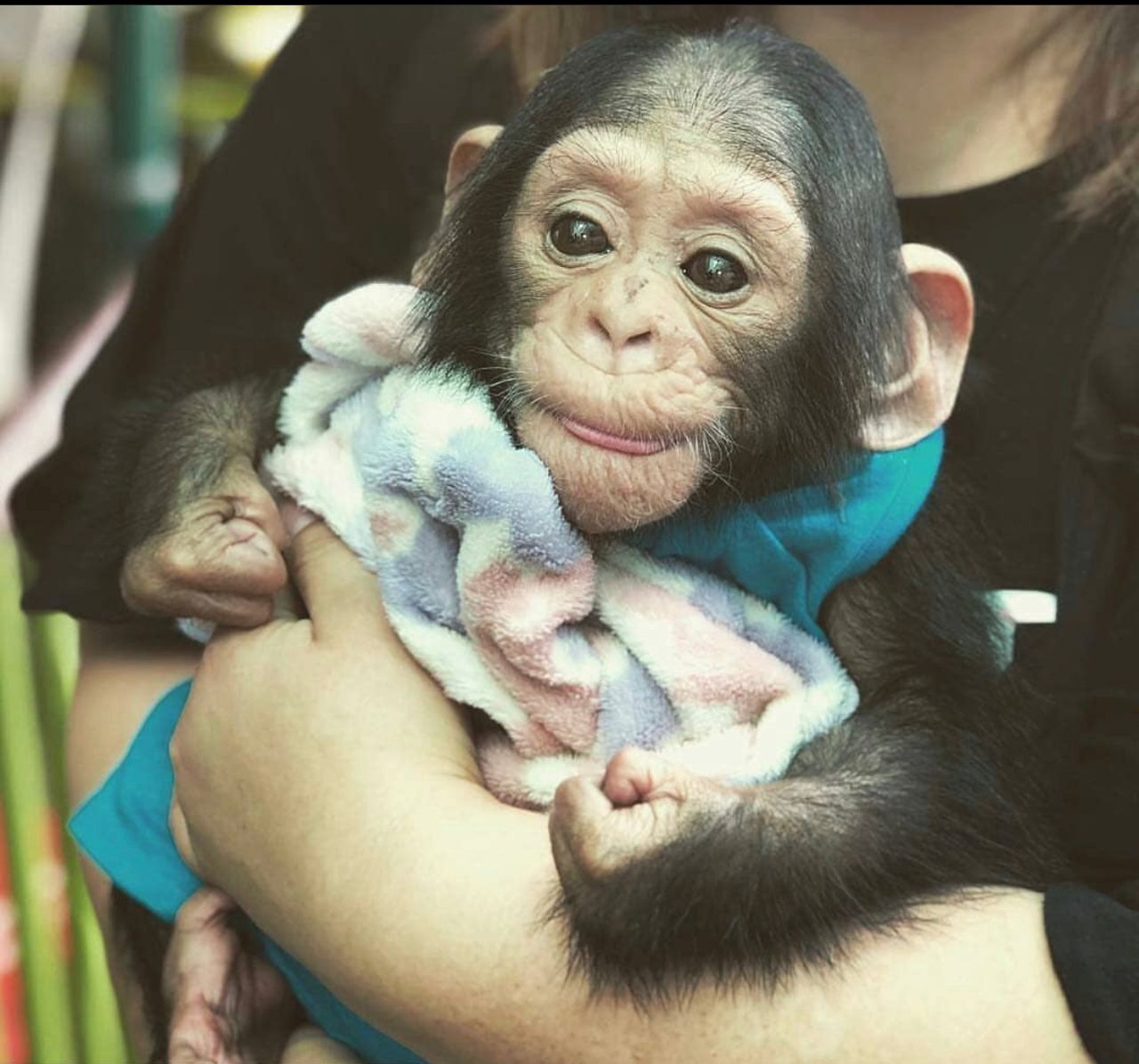
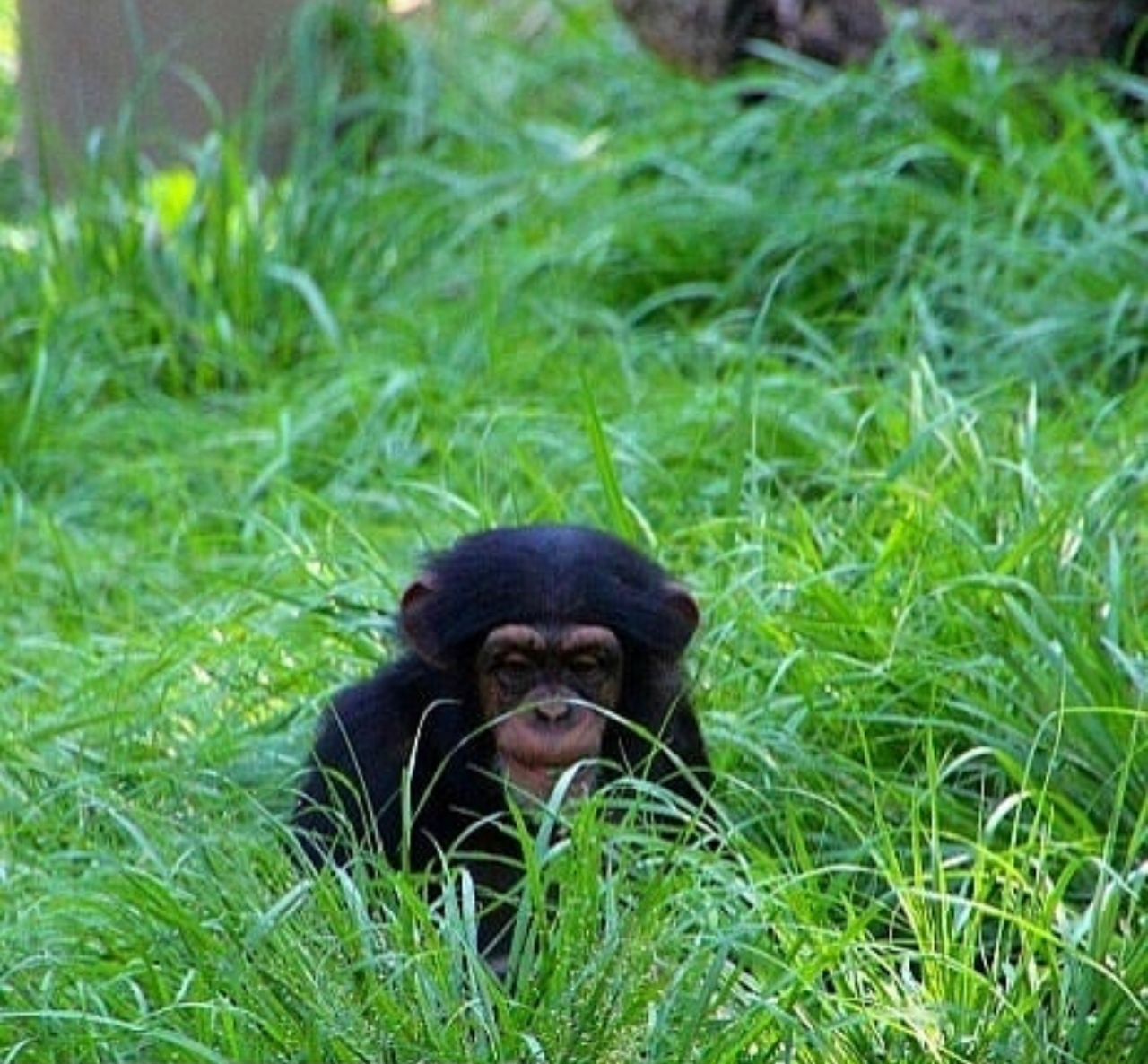
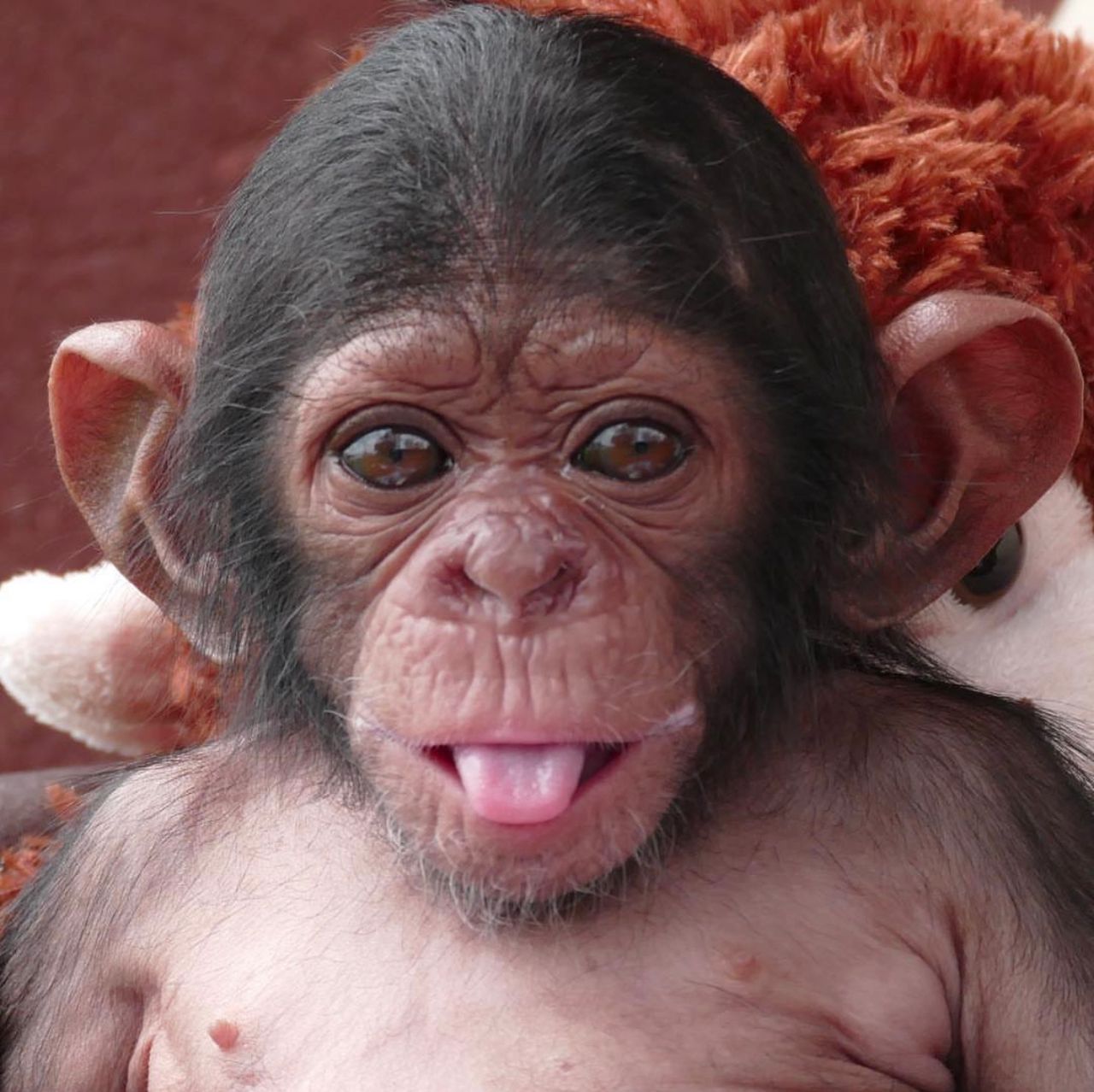
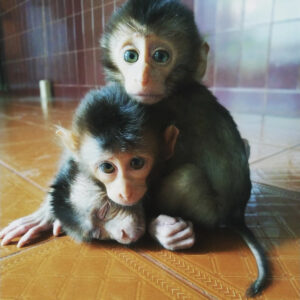
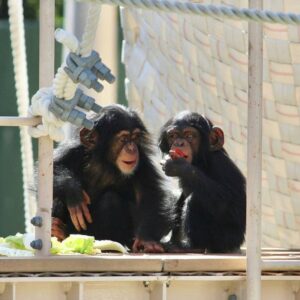
Reviews
There are no reviews yet.